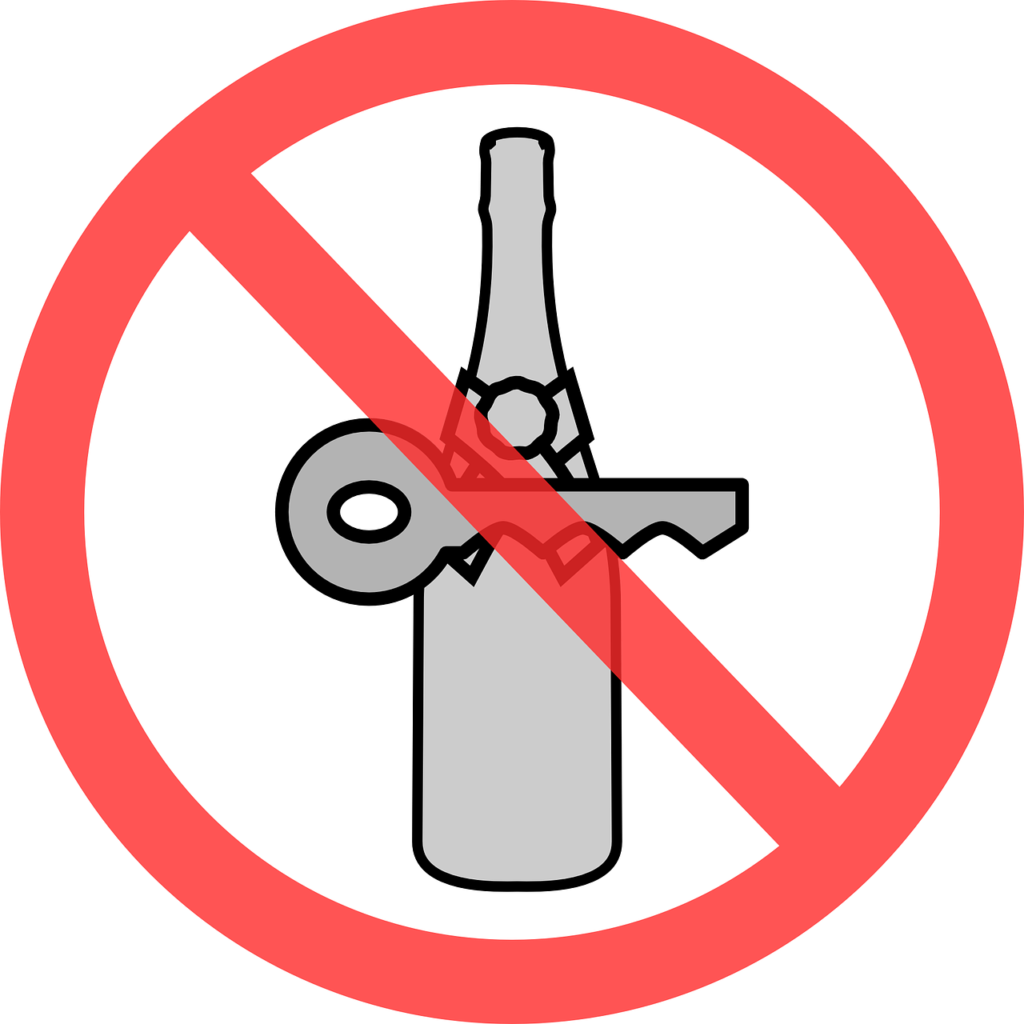
Driving while intoxicated (DWI) charges are taken seriously in Texas, as they pose a significant risk to public safety. However, being charged with a DWI does not automatically mean a conviction. Texas law provides various defenses that individuals can employ to challenge the charges against them. In this blog post, we will explore some of the common defenses used in Texas DWI cases, highlighting their potential effectiveness in obtaining a favorable outcome.
1. Lack of Probable Cause:
To initiate a DWI arrest, law enforcement officers must have reasonable suspicion to pull over a driver and probable cause to believe that the driver is intoxicated. If there is no valid reason for the initial traffic stop or the officer lacks sufficient evidence of intoxication, it may be argued that the arrest was unlawful. Challenging the officer’s probable cause can significantly weaken the prosecution’s case.
2. Inaccurate Field Sobriety Tests (FSTs):
Field sobriety tests, such as the walk-and-turn, one-leg stand, and horizontal gaze nystagmus, are commonly administered by officers during a DWI stop. However, these tests are subjective and prone to errors. Factors like fatigue, medical conditions, or even nervousness can affect an individual’s performance, leading to false indications of impairment. Challenging the accuracy and reliability of FST results can cast doubt on the prosecution’s evidence.
3. Faulty Breathalyzer or Blood Tests:
Chemical tests, such as breathalyzer or blood tests, are commonly used to measure blood alcohol concentration (BAC). However, these tests can produce inaccurate results due to various factors, including improper calibration, equipment malfunctions, or mishandling of samples. An experienced attorney can scrutinize the testing procedures, chain of custody, and lab protocols to challenge the reliability of the test results.
4. Rising Blood Alcohol Defense:
In some cases, an individual’s BAC may be below the legal limit at the time of driving but rise to an illegal level during the time between driving and chemical testing. This phenomenon, known as the “rising blood alcohol defense,” can occur due to alcohol absorption, metabolism, or other factors. Presenting evidence that the defendant’s BAC was below the legal limit while driving can weaken the prosecution’s case.
5. Violation of Miranda Rights or Due Process:
Law enforcement officers must adhere to strict protocols regarding the administration of Miranda warnings and the protection of an individual’s constitutional rights. If an individual’s rights were violated during the arrest or during questioning, any evidence obtained as a result may be deemed inadmissible in court. Challenging procedural errors or constitutional violations can lead to the exclusion of critical evidence, weakening the prosecution’s case.
Conclusion:
Being charged with a DWI in Texas is a serious matter, but it does not mean an automatic conviction. With the assistance of a skilled defense attorney, individuals facing DWI charges can explore various defenses to challenge the prosecution’s case. Whether it’s questioning probable cause, challenging field sobriety tests or chemical tests, or identifying procedural errors, there are several avenues for mounting a strong defense. If you find yourself facing a DWI charge in Texas, consult with an experienced attorney who can assess your case and develop an effective defense strategy tailored to your specific circumstances.
Links:
What is a DWI in Texas?

